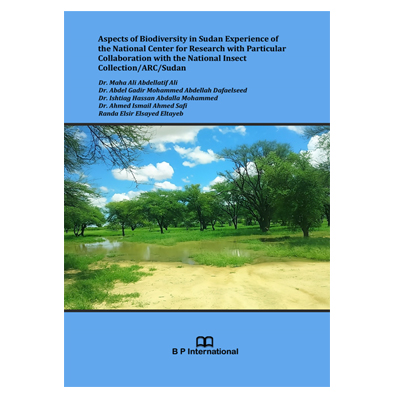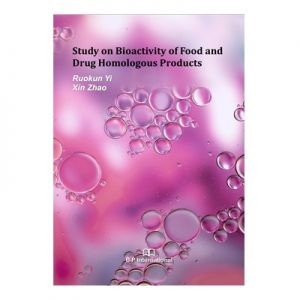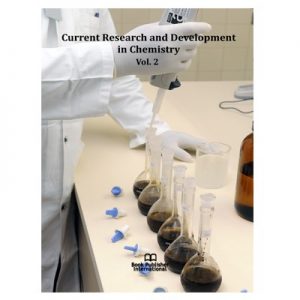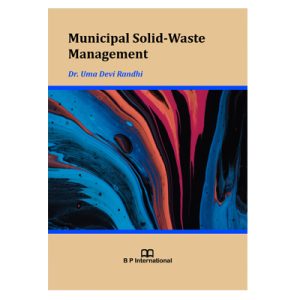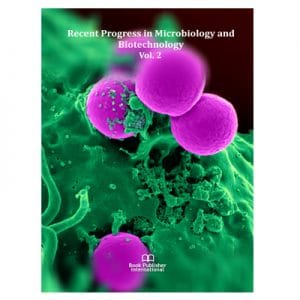Sudan is a country of a great diversity of ecosystems such as arid, semi arid, low and high rainfall Savannahs, mountainous and coastal ecosystems where each ecosystem with itsunique biota. It is among the countries that ratifiedthe Convention on Biological Diversity (CBD), with three programs that ensure conservation and sustainable use of biodiversity, in addition toequitableshare of genetic resources. CBD calls upon all parties to develop and update in a timely manner national biodiversity strategy and action plan for conservation and sustainable use of biological diversity. The objectives of these strategic plans includecalls for education, research, capacity buildingand awareness raising onbiodiversity values and conservation.
Biodiversity researchprovides sustainable solutions to challenges facing natural habitats, and ensure their conservation and other environmental actions that could increase biodiversity potentiality tomitigate climatechange effects. Biodiversityresearch and monitoring hasbegun in Sudan before independence; since then, intensive surveys have been conducted to cover all geographical regions of the country; such as surveys addressed byWelcome Tropical Research Laboratories in Khartoum in form ofa nationalinsect collection and identification efforts 1902. Although this National Insect Collection concentrates on insect species of agricultural and medicalimportance, it is considered asone of the largest and oldest insect collections in Africa.Ever since, the collected and identified insect species in Sudan comprise about 15 orders, 248 families and over 4000 species. Further biodiversity surveys revealed identification of 3132species offlowering plants, 106 species of Nile fishes, 265 species of Mammals, 938pieces of Birds, species of Amphibians and manyspecies of Arthropods.
Ecological and socio-economic validation of biodiversity gathered with management guidelines have been completed such as those done at theMarine Protected Area with the involvement and participation of local stakeholders.
The National Center for Research (NCR)concerns with conducting scientific and applied research for economic and social development within the framework of the state’s policy aimed at developing and supporting scientific and technical research in Sudan. NCR research focuses on areas that have not received sufficient research such as biodiversity and other branches of science. NCRBiodiversity research projects concentrate on long term monitoring of biological resources, factors affecting them and capacity building to conserve these resources. NCRbiodiversity research is rationalized to understand and document the diversity of living organisms, create a database that includes all information about biological species, raise the level of knowledge about the current and future situation of biodiversity in Sudan, raise the level of interest, benefit shareand awareness and to develop mutual smart scientific relationships and networkinglocally, regionally and internationally.
This book is intended to present some examples of NCR currentbiodiversity research projects; of which two ongoing projects entitled”Conservation and sustainable use of the biological diversity in Sudan semi-aridecosystem and Monitoring and documentation of biodiversity in the semi-arid environment in Sudan. The prominent results obtained during the implementations of these two projects are illustrated to the scientific era and concerned institution to carry out early control measures when needed. These results include four articles hoping to strength biodiversity data base and recommendappropriate methods of biodiversity conservation

